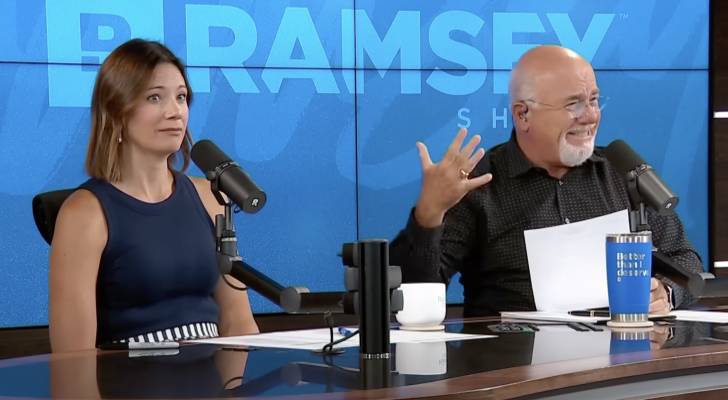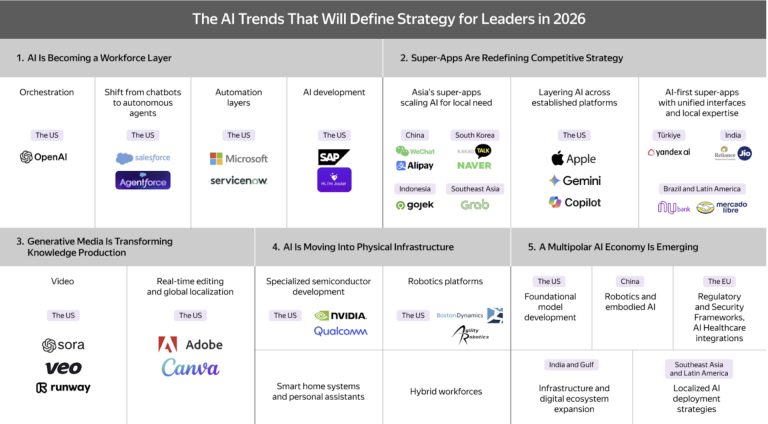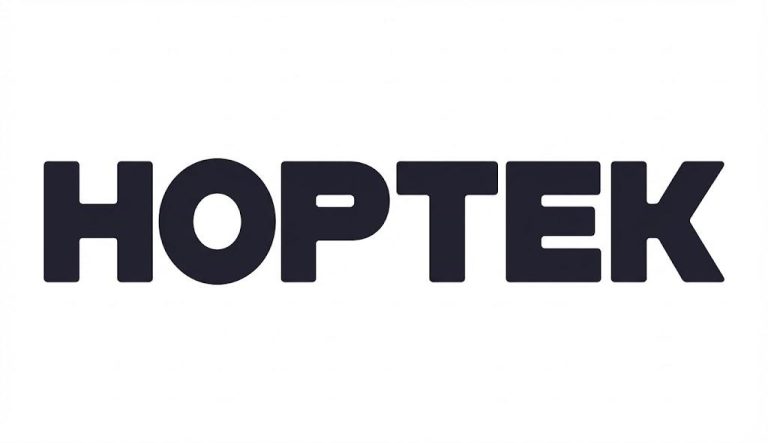
Rosie from New York thought she’d found a financial loophole when her employer offered a pre-tax benefit for leasing a vehicle. She wanted to know, wouldn’t that make leasing smarter than buying?
When she called into The Ramsey Show, host Dave Ramsey pumped the brakes.
Must Read
- Thanks to Jeff Bezos, you can now become a landlord for as little as $100 — and no, you don’t have to deal with tenants or fix freezers. Here’s how
- I’m 49 years old and have nothing saved for retirement — what should I do? Don’t panic. Here are 6 of the easiest ways you can catch up (and fast)
- Dave Ramsey warns nearly 50% of Americans are making 1 big Social Security mistake — here’s what it is and 3 simple steps to fix it ASAP
“Leasing is the most expensive way to operate a vehicle, mathematically. It’s a rip-off,” Ramsey explained [1]. “… you’re buying a new car and it goes down in value like a rock and all of the lost appreciation is built into the lease payment.”
Even with a pre-tax perk, to him the math doesn’t add up. “You’re trading dollars for quarters,” he said, explaining that chasing the tax break is not worth it since you’ll end up overspending on a lease.
“A 100% of the time that you do something only because of the tax, it’s a bad deal,” he said. “Simply pay cash for your car. And if they want to give you some more money at work, I’ll take it.”
So what should Rosie do instead?
Auto lending market in crisis
When it came to Rosie’s question, Ramsey warned, “You’re financing something you cannot afford to buy. And you’re calling it smart because of some little quasi-tax break.”
Americans are struggling to afford their cars. They owe a massive $1.66 trillion in auto loans, making it the second-largest household debt category after mortgages, according to the Federal Reserve Bank of New York.
A 2019 report from the U.S. Public Interest Research Group (PIRG) said that most Americans finance their cars, with about 85% of new cars and 53% of used cars bought with loans [2].
But the auto lending market is in a crisis, according to the Consumer Federation of America [3]. “The percentage of auto borrowers with severely delinquent debt (defined as 90+ days past due) is at its highest since the peak of the COVID lockdown, and before that, the Great Recession,” it noted, citing a Federal Reserve Bank of Philadelphia report.
According to a recent report from Edmunds, the average monthly payment for a new car hit $756 in Q2 2025, and used cars averaged $559 a month [4]. Nearly 1 in 5 new-car buyers signed up for a $1,000+ monthly payment during the quarter. Edmunds found that nearly a quarter of new-car loans now run 84 months or more.
"While extended loan terms may make a monthly payment more palatable, consumers need to keep in mind the risks associated with a loan extended that far into the future, including increased costs for upkeep down the line and the risk of being underwater on the loan if the car is traded in before it’s paid off," said Joseph Yoon, Edmunds’ consumer insights analyst.
Read more: Robert Kiyosaki warns of a ‘Greater Depression’ coming to the US — with millions of Americans going poor. But he says these 2 ‘easy-money’ assets will bring in ‘great wealth’. How to get in now
Pros and Cons – cash vs financing vs leasing
So, what’s the smartest way to buy your next set of wheels: cash, financing, or leasing?
Paying cash: The gold standard
If paying outright won’t send you into credit-card debt, it’s almost always the best move.
- Pro: You avoid interest, own the car immediately, and have the flexibility to sell whenever you want.
- Con: It’s a big chunk of money up front, and could drain your savings if you don’t have an emergency fund built up.
Financing: The American default
Financing is popular because monthly payments are more manageable than a lump sum, and ownership beats the never-ending cycle of leasing.
- Pro: Loans spread the cost over time with monthly payments, and eventually you’ll own the vehicle.
- Con: Interest adds up. In data as of March 2025, the average APR on a new-car loan was around 6.7%, while used-car loans averaged nearly 12%, according to Experian [5].
Leasing: Lower payments
Leasing can make sense if you want the latest model every few years, but financially, it’s closer to renting than owning. "If payments on a more standard 60- or 72-month loan don’t fit your budget, you might consider leasing. While you won’t be building equity in your vehicle the way you do with a purchase, leases afford time to get your finances in better shape with lower monthly payments in the meantime," said Edmunds’ Yoon.
- Pro: Smaller monthly payments, newer cars, and warranty coverage.
- Con: You don’t build equity and will not own the car, there are mileage limits and wear-and-tear fees, and it’s hard to get out of the lease.
What to read next
- How much cash do you plan to keep on hand after you retire? Here are 3 of the biggest reasons you’ll need a substantial stash of savings in retirement
- There’s still a 35% chance of a recession hitting the American economy this year — protect your retirement savings with these 5 essential money moves ASAP
- This tiny hot Costco item has skyrocketed 74% in price in under 2 years — but now the retail giant is restricting purchase. Here’s how to buy the coveted asset in bulk
- Want an extra $1,300,000 when you retire? Dave Ramsey says this 7-step plan ‘works every single time’ to kill debt, get rich in America — and that ‘anyone’ can do it
Join 200,000+ readers and get Moneywise’s best stories and exclusive interviews first — clear insights curated and delivered weekly. Subscribe now.
Article sources
At Moneywise, we consider it our responsibility to produce accurate and trustworthy content people can rely on to inform their financial decisions. We rely on vetted sources such as government data, financial records and expert interviews and highlight credible third-party reporting when appropriate.
We are committed to transparency and accountability, correcting errors openly and adhering to the best practices of the journalism industry. For more details, see our editorial ethics and guidelines.
[1]. The Ramsey Show Highlights/YouTube. "There’s No 100% Tax Break"
[2]. PIRG. "Driving Into Debt"
[3]. Consumer Federation of America. "Driven to Default: Economy-Wide Risks of Rising Auto Loan Delinquencies"
[4]. Edmunds. "A Record 1 in 5 New-Car Shoppers Committed to a $1,000+ Monthly Payment in Q2 2025, According to Edmunds"
[5]. Experian. "Auto Loan Rates and Financing for 2025"
This article provides information only and should not be construed as advice. It is provided without warranty of any kind.


